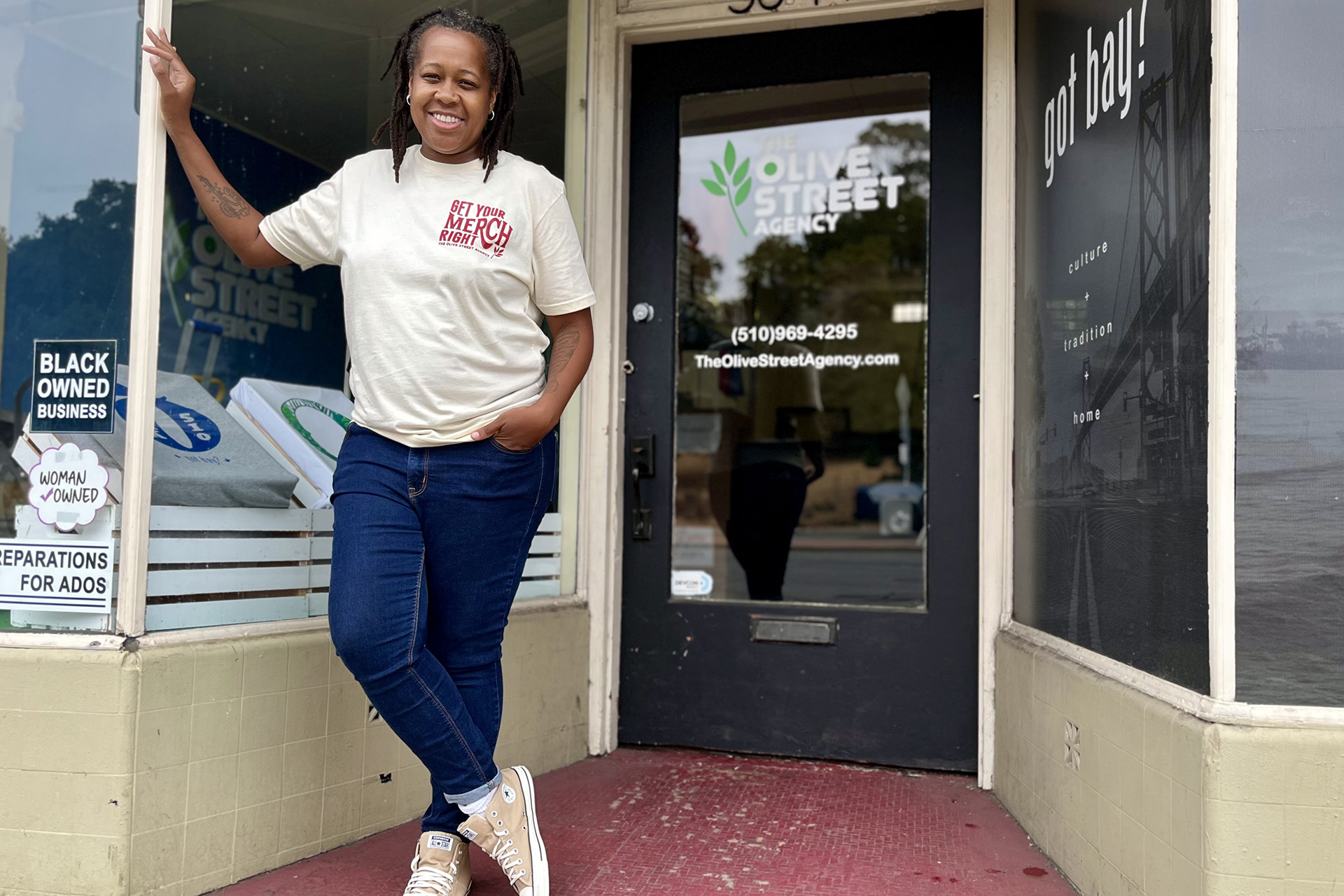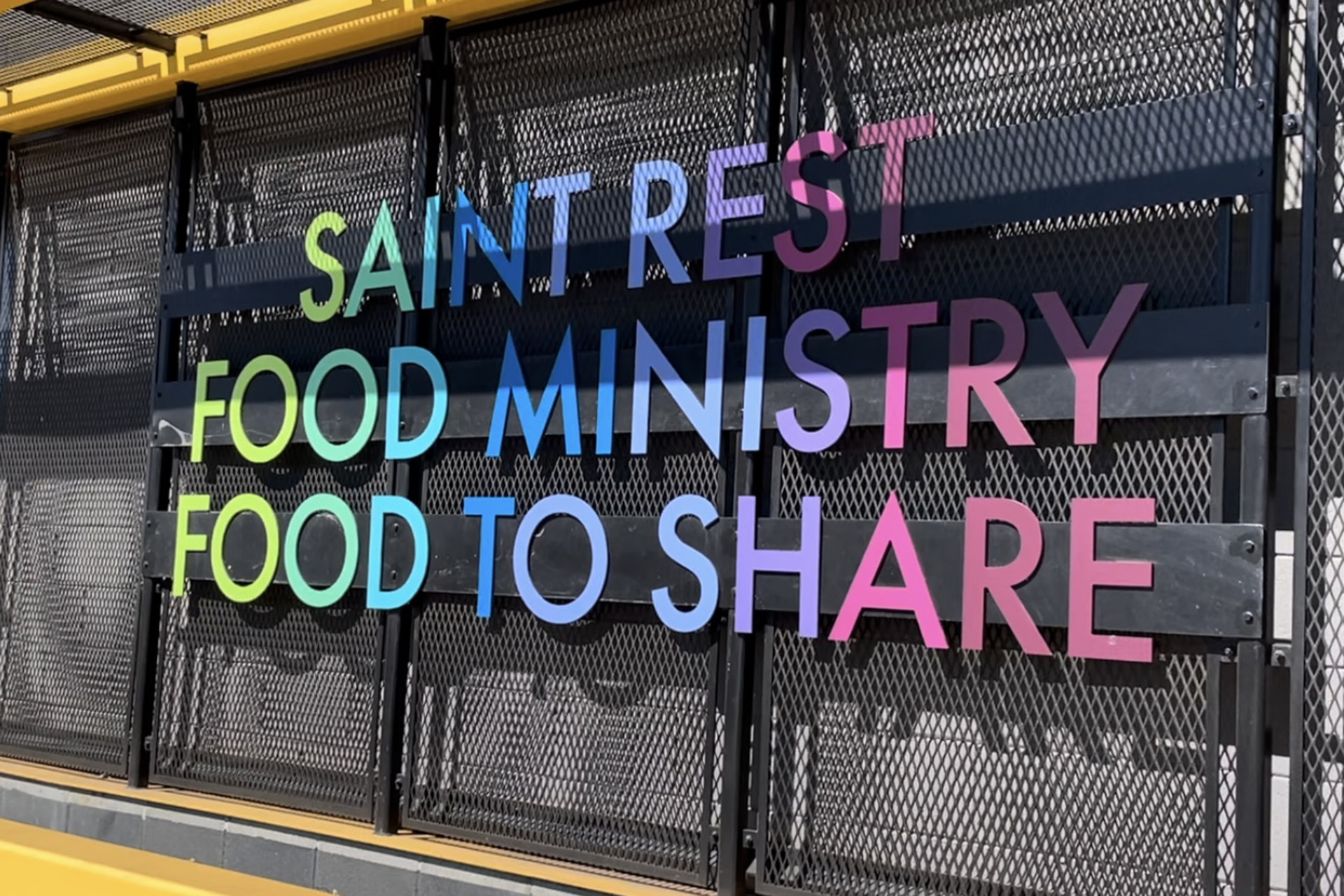Justin Martinez, 29, will be a first-generation graduate when he earns his psychology degree from San Francisco State University this month. Martinez was formerly a foster child and shared his story at a Youth Listening Session, an event where young people in the foster care and juvenile justice systems engage in honest dialogue and self-expression.
“The listening sessions allow people to be empowered by their truth,” Martinez said. “It’s a place where they can express themselves and what they’ve been through and is an opportunity to ask for help.”
A newly released report titled Youth Listening Sessions: Hearing the Voices of Youth Involved in the Foster Care and Juvenile Justice Systems details findings from the sessions held throughout Northern California. It demonstrates the ways trauma has affected this population and how mental health providers can better serve it.
The listening sessions allow people to be empowered by their truth.
In the report, young people expressed a general desire for technologically advanced mental health care through social media, teletherapy, and apps. They also revealed a need for cultural sensitivity training programs for educators and all health care providers.
“Youth need better access to affordable mental health care and supportive services,” Martinez said, adding that awareness for current services is low.
The listening events were created in partnership with Mental Health California earlier this year as part of Kaiser Permanente’s focus on mitigating the impacts of Adverse Childhood Experiences (ACEs). They also support efforts to combat California’s youth mental health crisis that was recently announced by the U.S. Department of Health and Human Services.
It’s likely the pandemic will cause an uptick in adolescent mental health issues due to the breakdown of social and education support systems, according to JAMA Pediatrics.
Powerful Findings
The report collected data from 160 youth: 52% formerly in foster care, 17% previously in the juvenile justice system, and 31% who had been in both.
More than 20% of participants felt unsafe in both systems, and an overwhelming 74% reported being in an unsafe environment after leaving the systems, with some experiencing homelessness, extreme poverty, and health issues correlated to their living conditions.
Youth need better access to affordable mental health care and supportive services.
Additionally, around 15% of foster care and 7% of juvenile justice system youth said they were physically abused and more than 30% said they experienced a traumatic event in either organization.
To improve the systems, youth said trauma-informed social workers are needed along with housing and transitional support and a more rigorous recruitment process of foster parents.
How KP Is Delivering Care
Kaiser Permanente recently partnered with Seneca, a nonprofit mental health agency, and Turning Point, which provides substance abuse and behavioral health support, to develop programs offering wraparound services, including crisis stabilization, family therapy, and skill building.
Launched this month was Presence of Mind, an initiative focused on increasing mental health awareness within the video game community. Historically, Kaiser Permanente has given grants to organizations such as First Place for Youth, Youth ALIVE!, and the Sacramento Violence Intervention Program.
The youth listening report is an important step forward in helping shape care to better serve system-impacted patients.
“Each of these young people has a powerful story,” said Don Mordecai, MD, national leader for Mental Health and Wellness at Kaiser Permanente. “Hearing from those impacted by ACEs informs our work and the care we provide. It also helps us continue to build evidence that we can break intergenerational cycles of childhood trauma and create a brighter future for children.”




